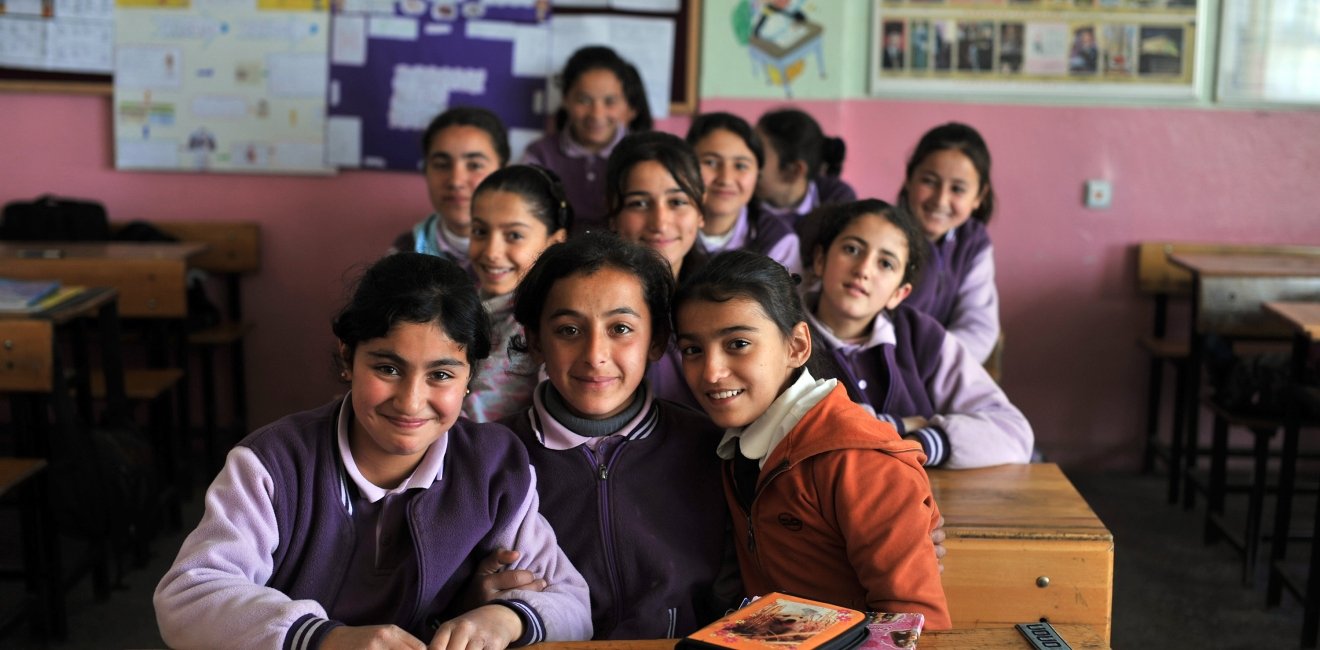
A blog of the Middle East Women's Initiative
Education makes a difference. However, traditions and social biases against women still dominate how legal frameworks translate into progress and change for women.
Not only in the Middle East, but also in other parts of the world, legislation, laws, amendments, capacity building in legal institutions and enforcement are essential to accomplishing the advancement of women’s rights. However, major differences lie in the cultural elements of the Middle East. The anomie of societal characteristics in the region tends to weaken the enforcement and implementation of any law from traffic to construction to family codes.
Education makes a difference. However, traditions and social biases against women still dominate how legal frameworks translate into progress and change for women. Furthermore, past accomplishments do not necessarily guarantee that progress and reforms will hold forever. As societies experience rapid demographic transformation, urbanization, migration, the contagion of religious radicalization, and the rise of political conservatism, old and degrading habits regarding women tend to bounce back over time.
Aside from legal standards, institutional fundamentals like the availability of education, opportunities for skills development, child and elder care help women participate in the work force and advance their societal role. Nevertheless, job availability, unemployment and economic growth levels, in addition to men’s cultural attitudes towards women impose limits to that advancement.
The role of political leaders also tends shape societies to promote and adopt measures for women’s advancement in politics and decision-making. In some countries, where legal quotas in politics (or work-life balance) are granted, women attain statistically evident advancements. However, even in relatively more democratic countries in the region, if absolute obedience to political leaders (or workplace superiors) is expected more than merit, women, once chosen, elected or appointed will simply accept and follow the commands of the leadership and will fail to initiate any further change for women or on any other issue. Therefore, when underlying cultural rigidities, habits and traditions interfere, advancements for women may remain nominal without translating into real change.
Author


Middle East Women's Initiative
The Middle East Women's Initiative (MEWI) promotes the empowerment of women in the region through an open and inclusive dialogue with women leaders from the Middle East and continuous research. Read more


Middle East Program
The Wilson Center’s Middle East Program serves as a crucial resource for the policymaking community and beyond, providing analyses and research that helps inform US foreign policymaking, stimulates public debate, and expands knowledge about issues in the wider Middle East and North Africa (MENA) region. Read more

Explore More in Enheduanna
Browse Enheduanna
Women are the Catalysts for Change in Lebanon

How Education Can Empower Young Women in MENA


